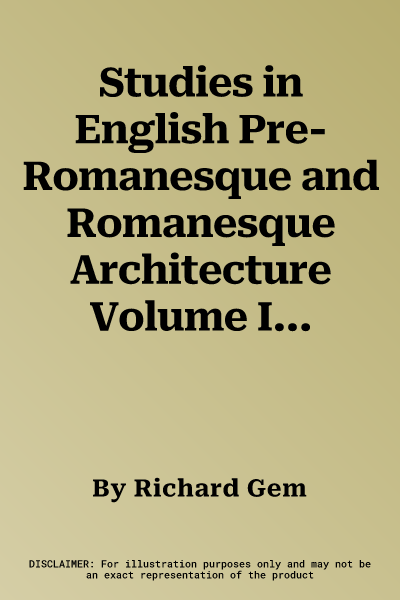Trained as both an archaeologist and an art historian, Richard Gem
established his specialist interest in pre-Romanesque and Romanesque
architecture with his doctoral research at Cambridge University. Since
then he has researched, published and lectured widely in this subject,
while holding posts in different fields of cultural resource management.
Dr Gem's earlier work aimed to establish an understanding of English
architecture in the 11th century that would break away from the view
that cultural development in this period could be simply explained in
terms of whether buildings were constructed before or after the Norman
Conquest. He has taken a wide view of how cultural processes in England
need to be seen in the context of broader European trends, in order to
understand both English architecture's indebtedness to the Continent,
and also what gives it its specific national character. His earlier
papers applied this approach to the development of the Romanesque style
of architecture in England through the course of the 11th century while
more recently he has applied a similar approach to earlier centuries,
including the Carolingian period. Taking a broad view of cultural trends
as his starting point, he has always anchored his work on a detailed
archaeological, historical and stylistic analysis of individual
buildings before drawing conclusions. This publication includes Dr Gem's
main work over a period of quarter of a century. Taken together, these
studies present an overview of the development of English Church
architecture from the 7th century to the 12th.

